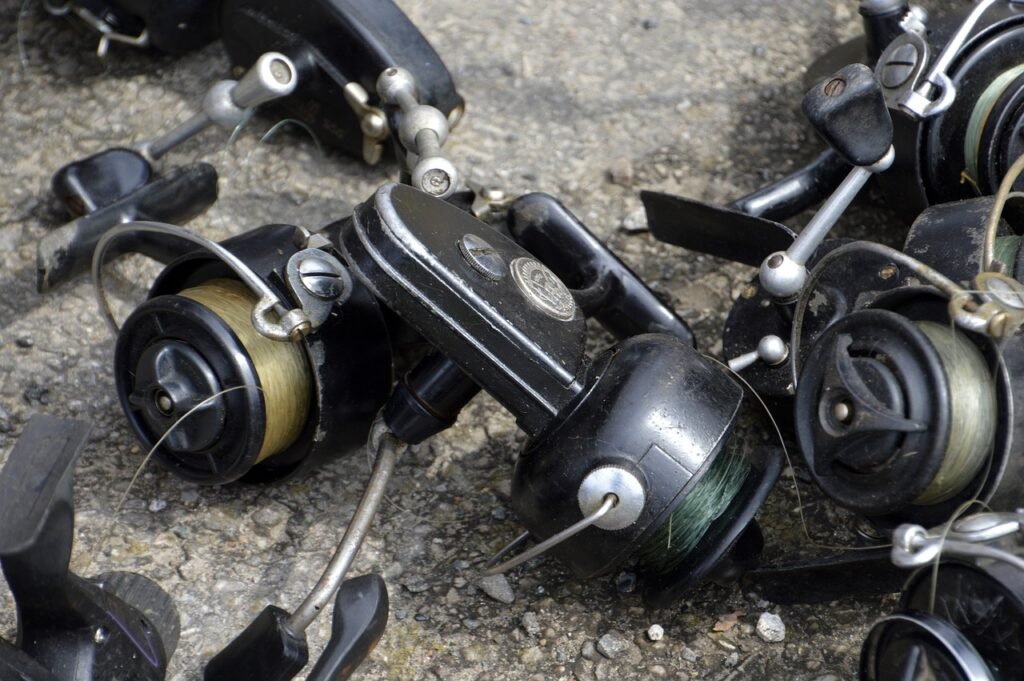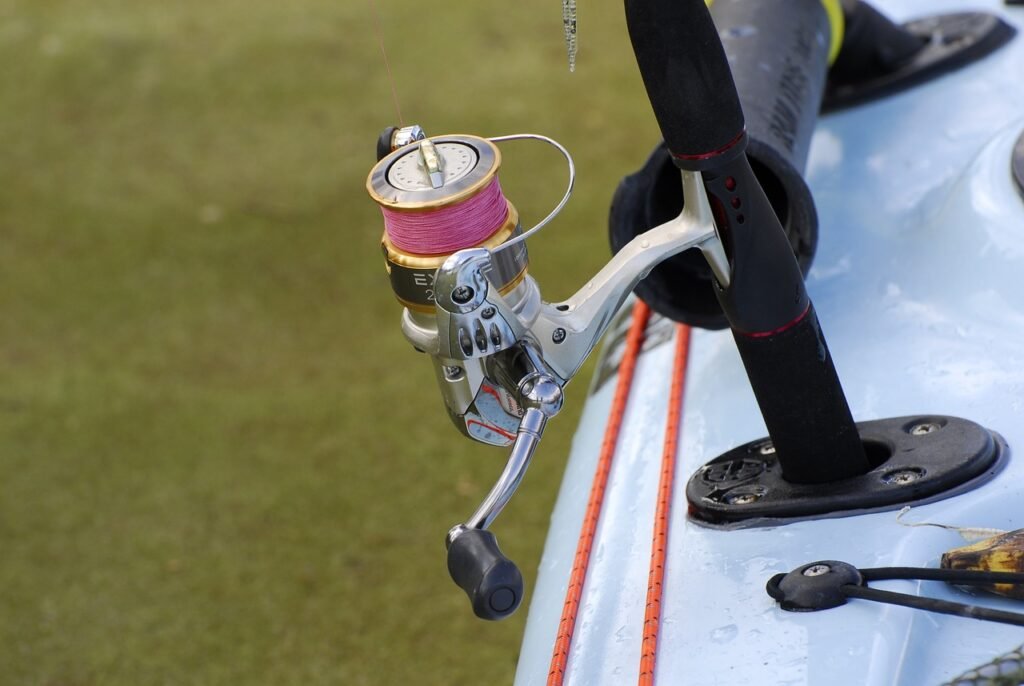Saltwater angling is an invigorating and rewarding sport. There’s nothing quite like the thrill of a big catch after a day out on the waves. But here’s the thing – just like any great adventure, it requires some behind-the-scenes work to keep your gear shipshape and shiny. Saltwater can be tough on fishing equipment, and without proper maintenance, its corrosive nature can leave you high and dry with damaged tools.
Don’t worry, though, mate; maintaining your saltwater fishing gear isn’t some Herculean task. With a couple of simple routines and careful handling, you can keep your gear in top-notch condition for many seasons to come. Let’s cast a line into the world of maintenance and see how you can preserve your saltwater fishing gear.
Rinse After Use
Ever notice how your skin feels a bit sticky after a day by the sea? That’s the salt – and it has the same effect on your fishing gear. The first step in maintenance is a thorough rinse with fresh water after each use. Be sure to completely remove salt residue from your reels, rods, and tools. A soft spray from a hose works wonders, but avoid high pressure that can push salt into crevices where it doesn’t belong.
Example: Think of it like showering after a beach day to wash off all the salty sea remnants.
Proper Drying
Once you’ve rinsed your gear well, give it time to dry before storing it. Lay out your gear in an outdoor area with good air circulation or indoors in a well-ventilated spot. Remember, damp environments promote corrosion, so avoid the temptation to chuck it into your garage or shed before it’s dried out.
Example: It’s like letting your bathing suit sun-dry on the porch before tossing it back in your closet. Dry gear makes for happy gear!
Clean and Lubricate Reels
Your reel is like the engine of your setup and needs a good clean now and then. For a quick clean, you can remove your reel from the rod, wipe it down, and apply lubrication to the moving parts. If you’re up for it, a more in-depth cleaning involves taking apart the reel to clean each component – just be sure you’re comfortable with reassembling it.
Example: This is akin to giving your car a proper tune-up to ensure everything under the hood runs smoothly.
Inspect and Replace Line
Saltwater exposes your fishing line to all sorts of stress. Regular inspection for nicks and breaks is critical, particularly near the business end, where lures and hooks are tied on. Once you spot wear, don’t hesitate to replace the line. Better safe than sorry when that trophy fish is on the line!
Example: Imagine if your shoelaces frayed. You wouldn’t wait until they snap and you trip. Same goes for your fishing line maintenance.
Protect Your Hooks
Your fishing hooks can go from sharp to rusty disappointments in a single season without care. Post-trip, clean them thoroughly and consider soaking them in freshwater for a few hours to remove all traces of salt. Store them dry, and if you notice rust forming, replace immediately. After all, a sharp hook is a fisherman’s best friend.
Example: It’s almost like keeping your kitchen knives honed and rust-free – nobody likes a dull blade.
Storage
Storage is not just about tossing your gear into a corner until the next big trip. Store your clean, dry fishing gear in a cool, dry place. Use rod racks to prevent bending or warping, and keep reels off the ground to avoid dust and potential damage.
Example: You wouldn’t just throw your guitar anywhere after playing some tunes; give your fishing gear the same love and attention.
Conclusion
Alright, fellow anglers, it’s time to take these tips and put ’em into practice. Regular maintenance of your saltwater fishing gear not only extends the life of your equipment but also makes your trips more enjoyable. Nobody wants equipment failure when the big one is on the line! With proper care, you can trust your gear to perform when you need it most. And remember, the best stories come from trouble-free days on the sea, not frustrating tales of corroded gear. Keep it clean, and tight lines, folks!
And hey, why not share your own maintenance tips or fishing tales in the comments below? We’re all in the same boat here – staying prepared for the next adventure!



